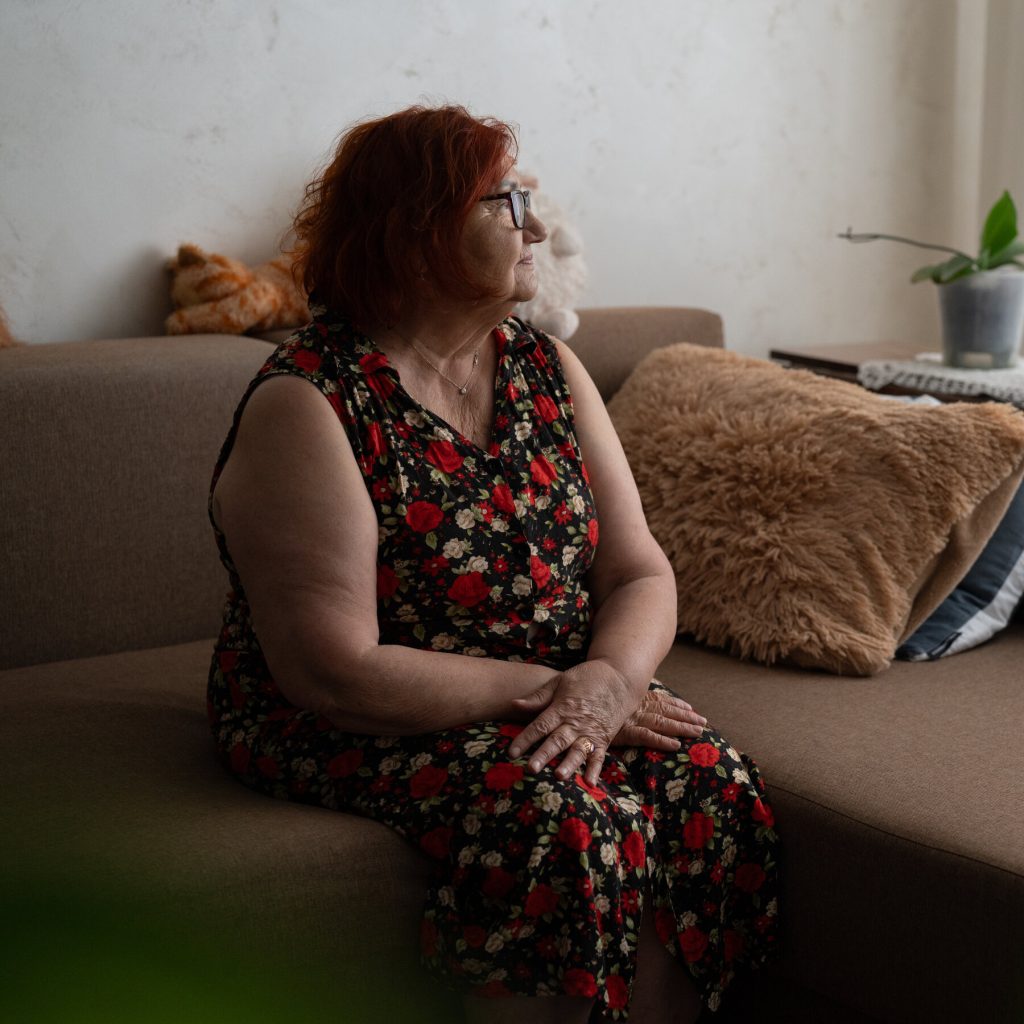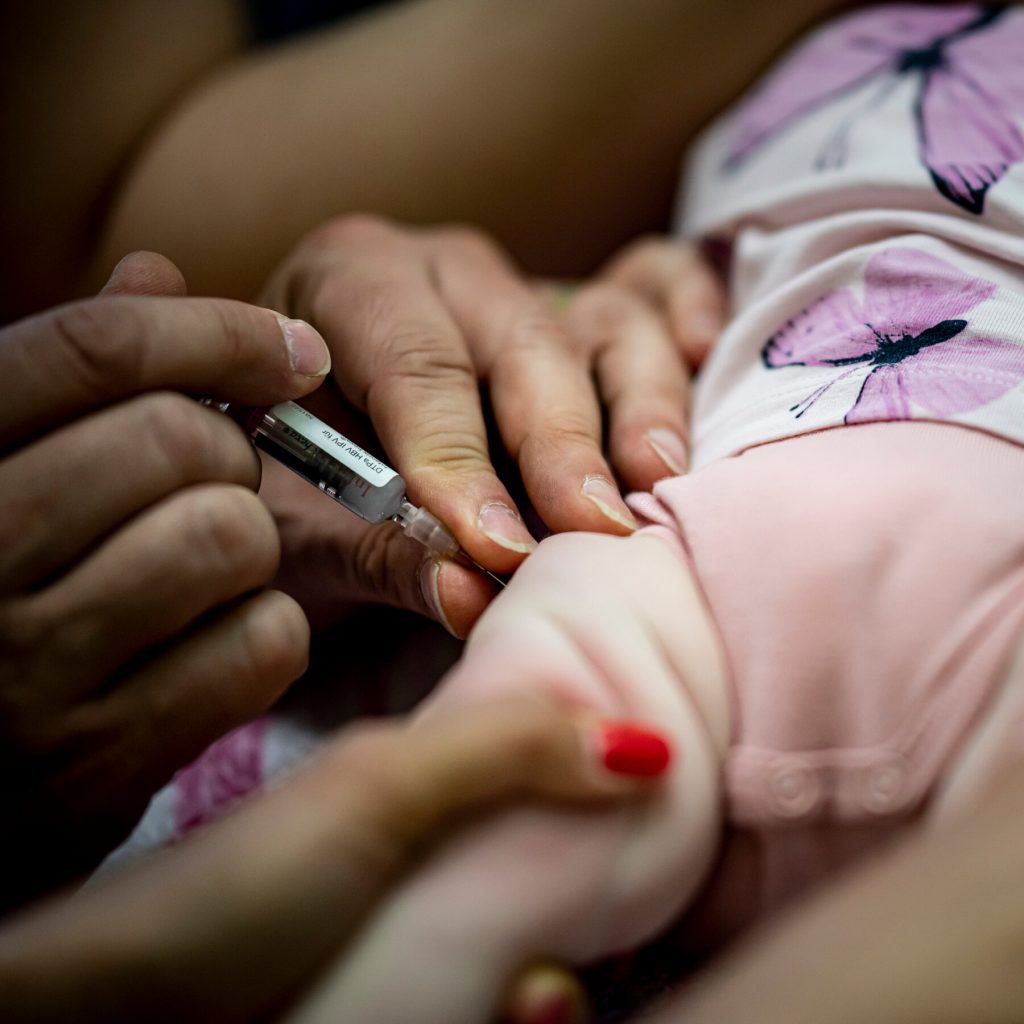When Caregiving Makes Women Ill

The influx of Eastern European migrants to Italy has been well-documented, with many women traveling to the country to take on caregiving roles for its aging and infirm population. However, a disturbing trend has emerged, as these caregivers are increasingly falling ill themselves. Dubbed “Italy syndrome,” the phenomenon has raised concerns about the toll that caregiving can take on one’s physical and mental health.
Many of these caregivers, mostly women from countries such as Poland, Ukraine, and Romania, arrive in Italy with the best of intentions, eager to provide care and support to those in need. They often work long hours, sometimes for minimal pay and with little social support, to care for elderly Italians who require assistance with daily tasks. While their work is vital to the well-being of their charges, it has become clear that the demands of caregiving are taking a devastating toll on the caregivers themselves.
Reports have surfaced of caregivers experiencing a range of health problems, from anxiety and depression to musculoskeletal disorders and cardiovascular disease. The physical strain of lifting and transferring patients, combined with the emotional stress of caring for loved ones, can be overwhelming. Moreover, many caregivers are reluctant to prioritize their own health, fearing that their absence would leave their patients without adequate care.
The term “Italy syndrome” was coined to describe this peculiar phenomenon, which seems to be linked to the unique challenges faced by caregivers in Italy. A study published in the Journal of Nursing and Public Health found that migrant caregivers in Italy reported higher levels of stress, anxiety, and depression than their Italian counterparts. The researchers suggested that the language barrier, cultural differences, and lack of social support all contribute to the development of “Italy syndrome.”
As the number of elderly Italians continues to grow, the demand for caregivers is likely to increase. However, it is imperative that policymakers and healthcare professionals take steps to address the needs of these caregivers, who are themselves vulnerable to illness and burnout. This includes providing access to healthcare services, offering language classes and cultural support, and promoting fair labor practices.
Ultimately, the well-being of caregivers is inextricably linked to the well-being of their patients. By prioritizing the health and support of caregivers, Italy can ensure that its aging population receives the care they need, while also safeguarding the health and dignity of those who provide it.





